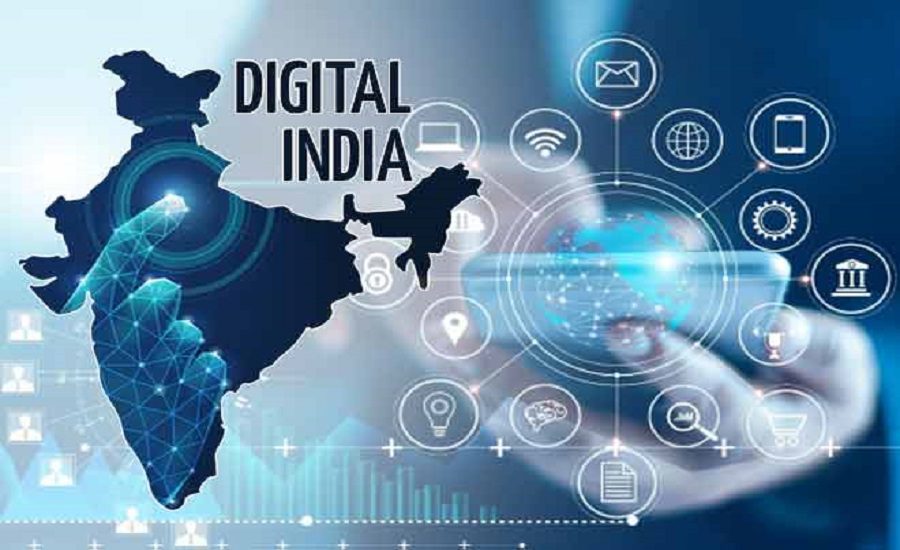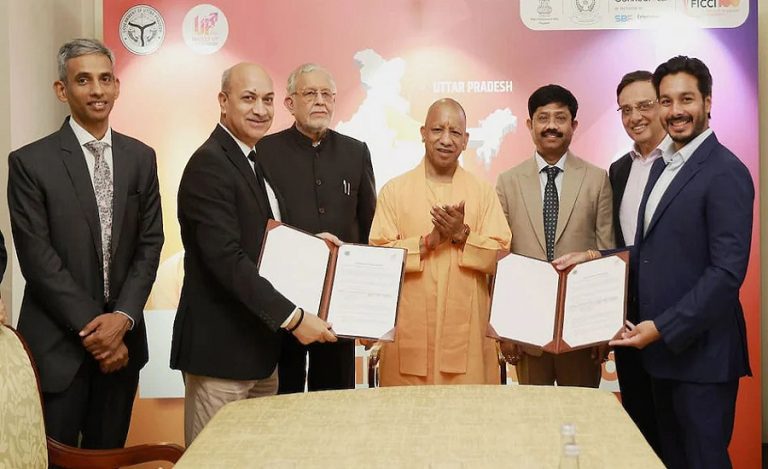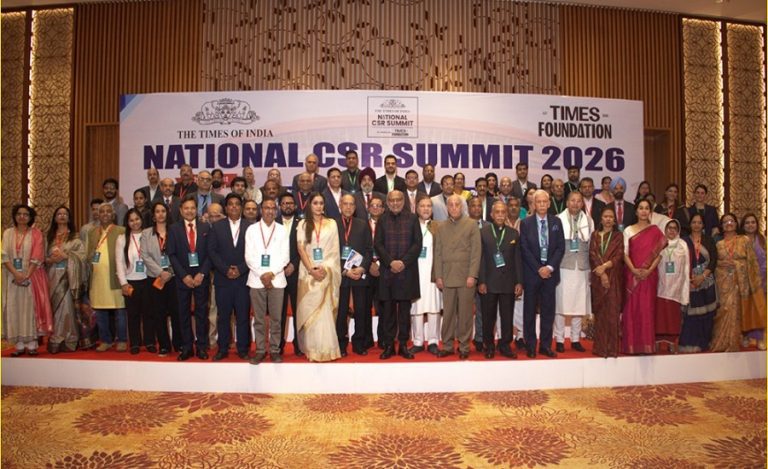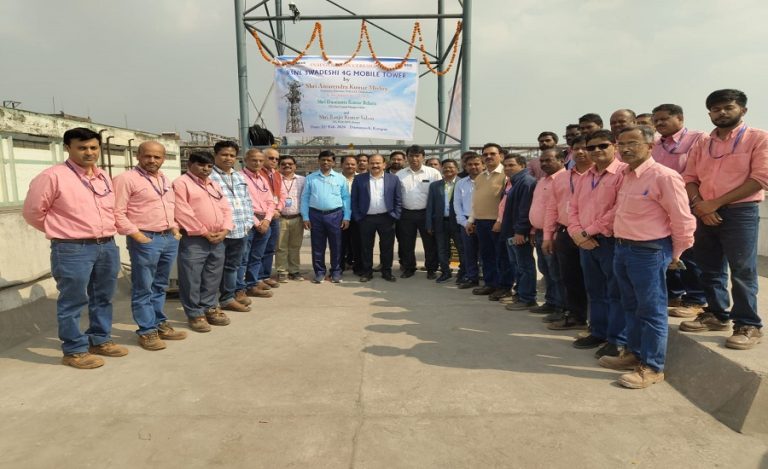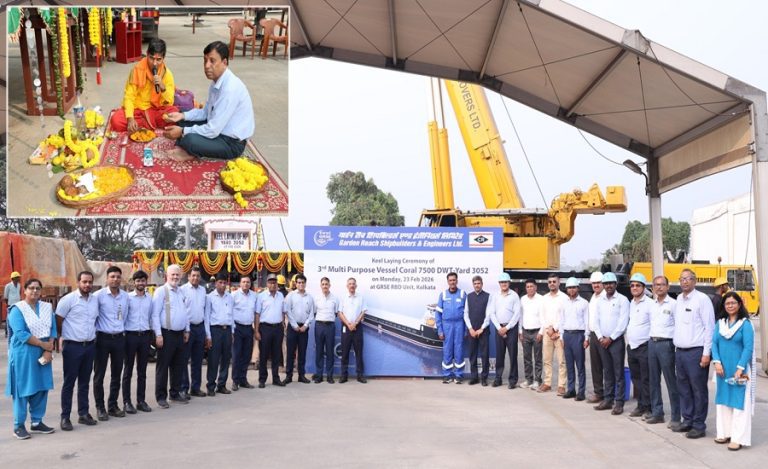New Delhi: In a significant step towards achieving digital self-reliance, the Ministry of Education has directed all its officials to adopt the Zoho Office Suite for all official documents and communications. This move aligns with the government’s broader vision of “Atmanirbhar Bharat” (self-reliant India), seeking to reduce dependence on foreign software and technology.
Shift Towards Indigenous Digital Solutions
The decision to mandate Zoho Office Suite is part of the Indian government’s ongoing efforts to promote homegrown alternatives to widely used foreign applications. Zoho, an Indian-origin software company, offers comprehensive business solutions including office productivity tools, email, customer relationship management (CRM), and more. This initiative is reflective of the government’s plan to replace foreign apps like WhatsApp and ChatGPT with indigenous options such as Arattai and Zia, respectively.
Read also: Ministry of Education Adopts Zoho Office Suite Under Swadeshi Push for Digital Sovereignty
Government’s Vision: A Complete Indigenous Digital Ecosystem
A government source revealed that India aims to develop and highlight indigenous technologies across multiple sectors, including operating systems, social media platforms, email systems, mapping technologies, cybersecurity, and app stores. The reliance on foreign technology is considered risky due to potential disruptions and geopolitical factors. To counter this, India plans to build robust, user-friendly, and commercially viable digital products to meet both government and public needs.
Role of C-DAC and Academic Institutions in Innovation
The Centre for Development of Advanced Computing (C-DAC), a premier government research institution, has been tasked with spearheading the development of these indigenous technologies. Officials acknowledge the need for increased collaboration with academic institutions and private enterprises to create more Indian intellectual property (IP) and accelerate the growth of domestic digital apps. However, experts caution that developing alternatives that can compete with established global players will require substantial effort and resources.
Swadeshi Campaign Gains Momentum with Industry Standards and New Projects
Several initiatives under the ‘Swadeshi’ campaign have already begun to take shape. Efforts include defining standards for ‘trusted providers’ in critical hardware such as closed-circuit television (CCTV) systems and implementing these standards in industrial IoT systems to ensure enhanced data security. Furthermore, the Ministry of Electronics and Information Technology (MeitY) has partnered with academic institutions to develop BharatDB, an advanced, secure, open-source database system tailored for commercial and governmental needs.
Zoho’s Expanding Role in Government Technology Ecosystem
Zoho’s engagement with the government is not new; the company was awarded a contract by MeitY several years ago to handle email services and other internet-based solutions. The recent mandate to adopt Zoho Office Suite across the Ministry of Education marks a substantial expansion of this partnership, signaling strong confidence in indigenous software capabilities.
Challenges Ahead
While the shift toward digital self-reliance is commendable, sources indicate that building competitive, user-friendly products with sustainable revenue models remains a major challenge. The government must continue investing in R&D, policy support, and fostering public-private partnerships to realize the full potential of an indigenous digital ecosystem.

